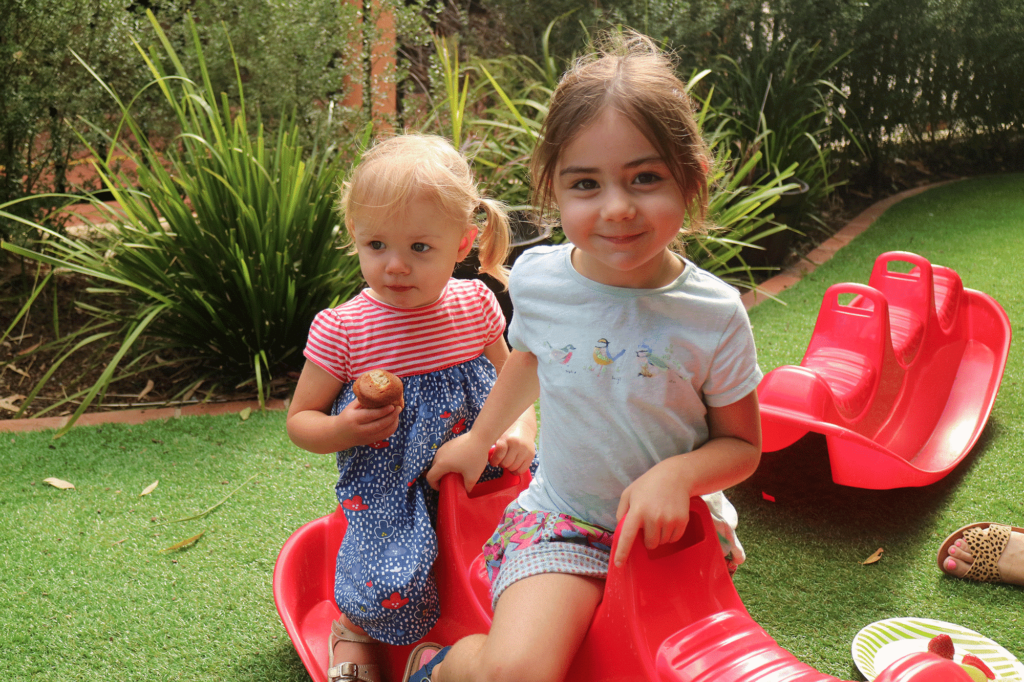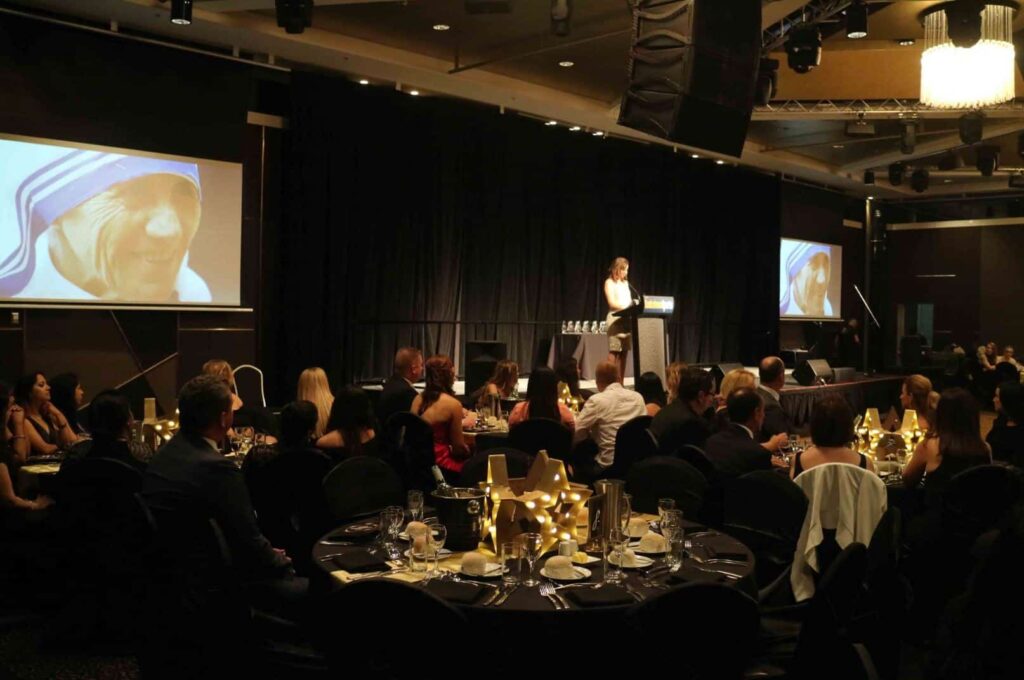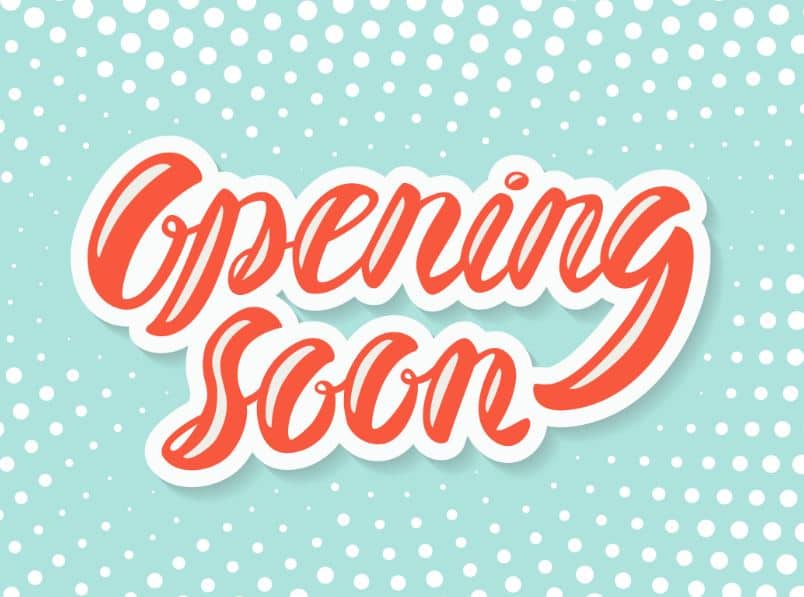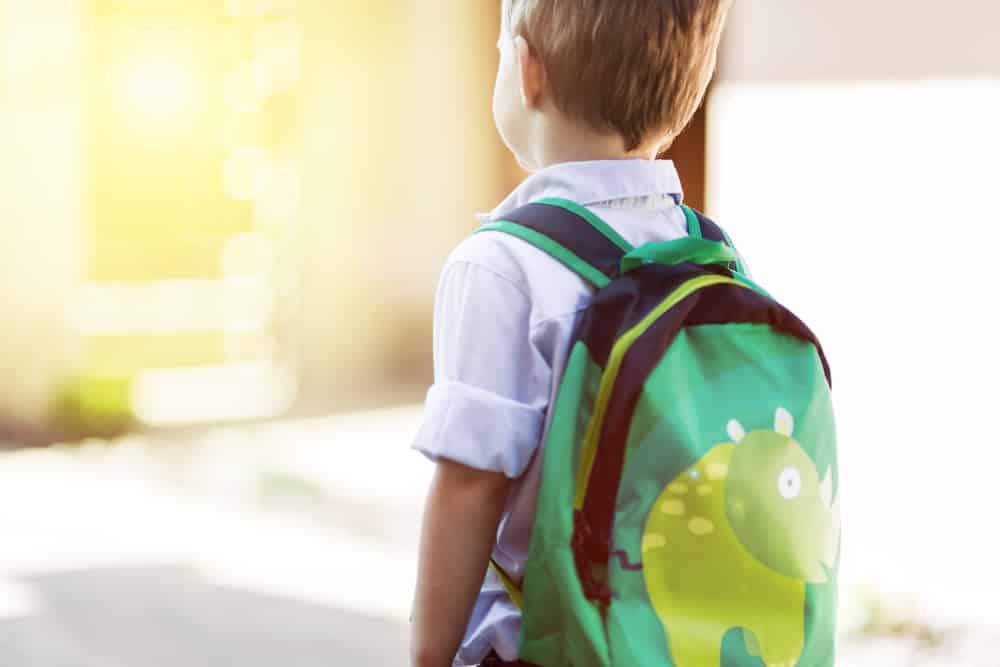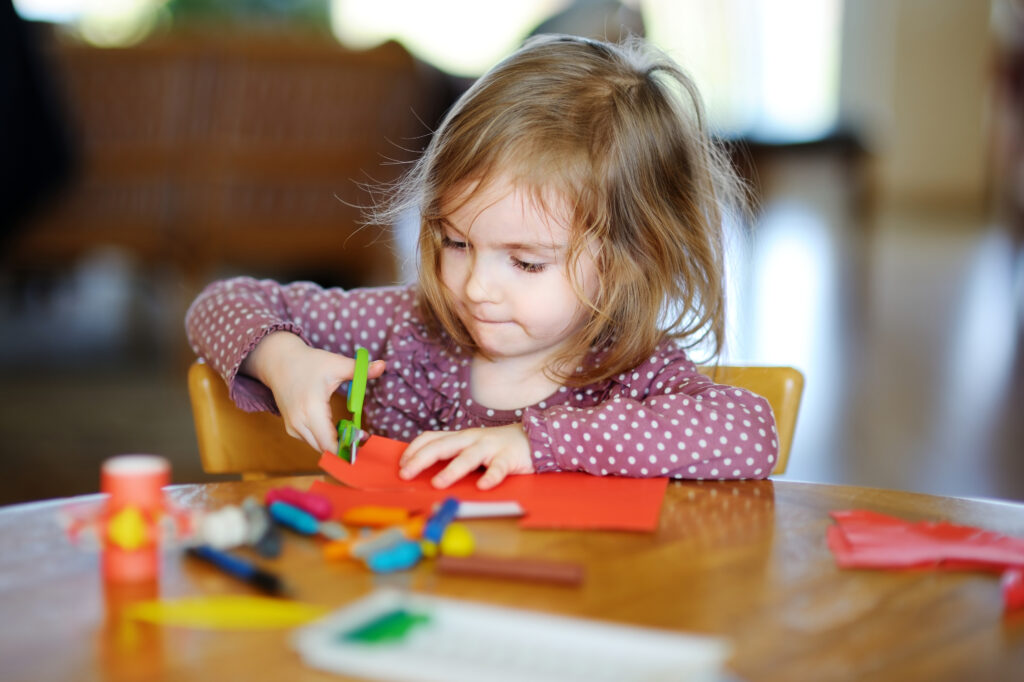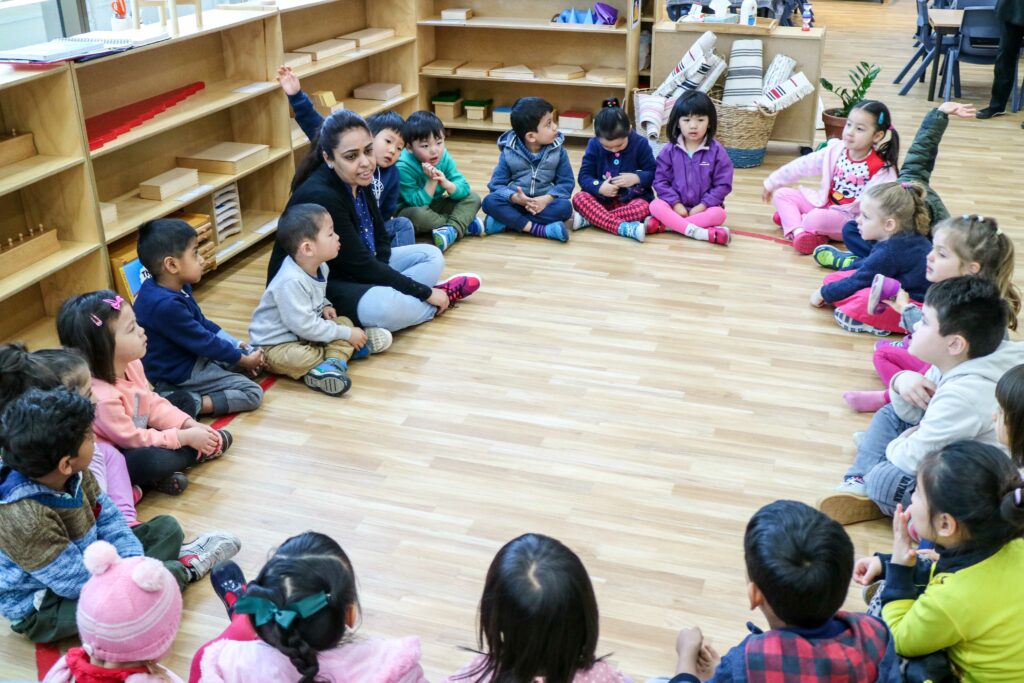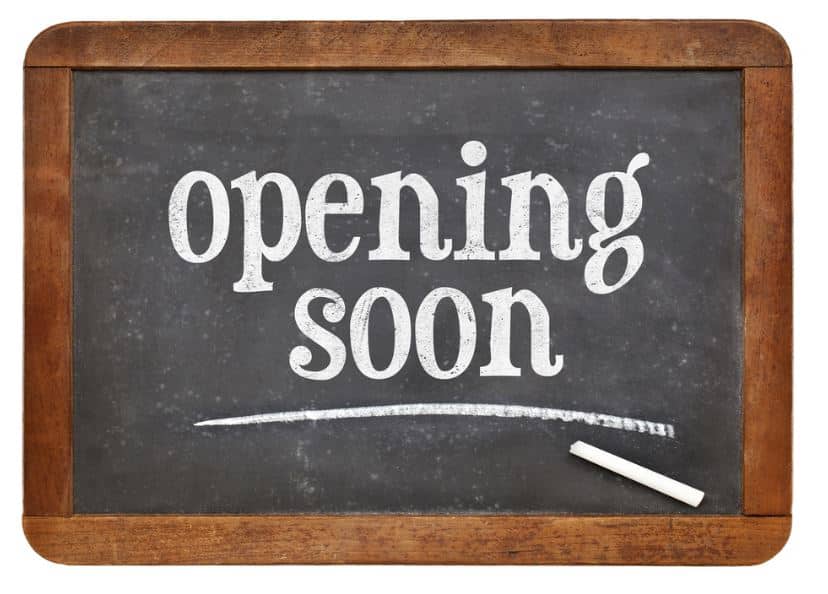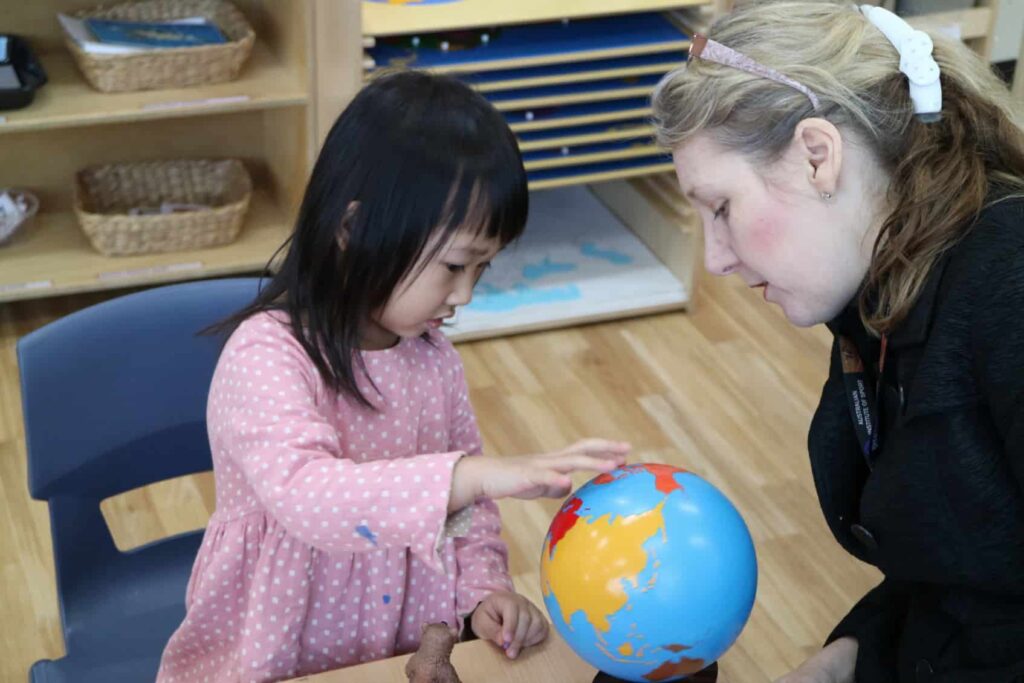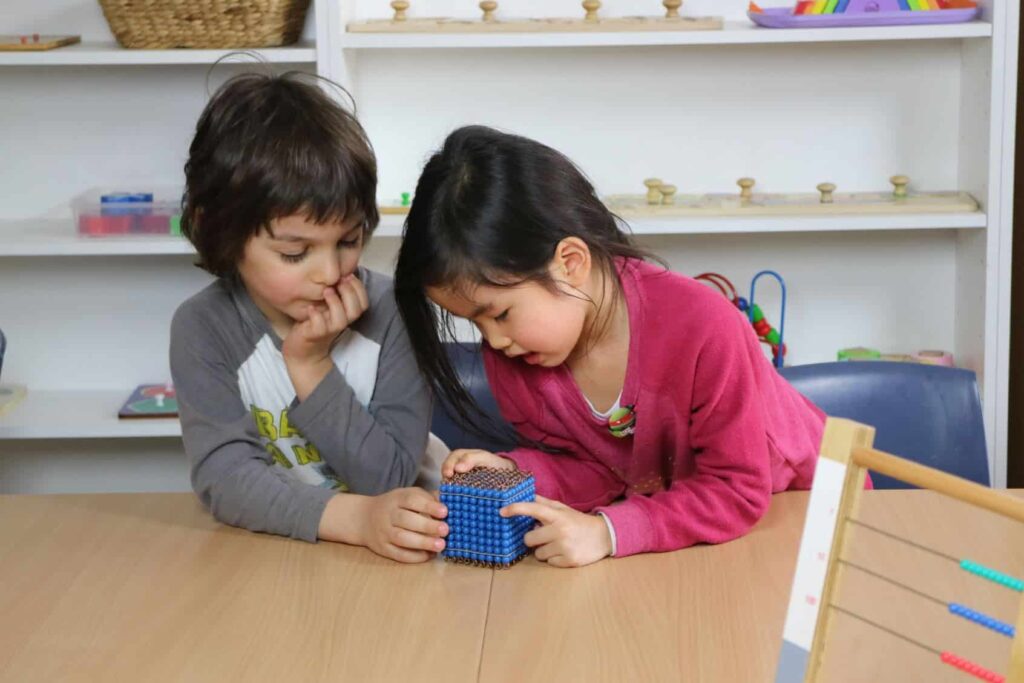Material Spotlight: The Montessori Pink Tower
The Pink Tower is the iconic Montessori material. Often called the ‘symbol of Montessori’, it is a welcoming sign in any Montessori environment, and a favourite with educators globally.
Gymea Montessori Academy Celebrates It’s First Birthday
Gymea Montessori Academy celebrated the centre’s first birthday on Friday 25th November with an afternoon tea for families and staff.
Montessori Academy Excellence Awards Raise Funds for Charity
In November 2016, Montessori Academy celebrated their third Annual Charity Gala Ball to raise much needed funds for deserving youth-based charities, Dunlea Centre, and Montfort Boys’ Town.
How Does Montessori Prepare Children for School?
Evidence shows us that a person’s life success, health and emotional wellbeing is deeply connected to their experiences and environment in early childhood. We know that if we get education right in the early years, we can expect to see our children thrive at school and in their adult lives.
How To Recognise & Support During ‘Montessori Sensitive Periods’
The phrase ‘sensitive periods’ often conjures up thoughts of moody teenagers, but it actually refers to a period of time when a child’s interests are focused on developing a particular skill or knowledge area.
Montessori Community – Building Classroom Connections
Maria Montessori was one of the first academics to link children’s emotional development to their ability to learn at an optimal rate. To support the development of social skills, emotional intelligence, and academic wellbeing, Montessori designed the concept of a classroom community to support the development of these skills over time.
Earlwood Campus Coming Soon
To help meet increasing demand for high quality educational childcare in Sydney’s inner suburbs, Montessori Academy has committed to providing a new childcare centre at 32 Fricourt Avenue, Earlwood.
Montessori, An Education for the 21st Century and Beyond
Ensuring that children have the skills they need to succeed in the digital age is one of the most important issues for 21st century education.
Why Attend Montessori Preschool Three Consecutive Days or More?
Childhood experts agree that attending a high-quality preschool program prepares children for kindergarten and beyond. The first six years of life are a critical period in a child’s development, where the pathways to a child’s lifetime social, emotional and educational outcomes begin. To best prepare your child for their next step in their education, it’s important to consider the value of attending Montessori preschool three or more days per week. To find out more about the benefits, see below.
Fine Motor Skills And Montessori Education
Fine motor skills, or dexterity, is something that we often think develops naturally in a child as they grow older. However, there is actually a close relationship between fine motor development and cognitive development.
FAQ: How is the Montessori Curriculum Flexible?
The Montessori approach to early childhood education offers a broad vision of education as an “aid and a preparation for life.” It is designed to help children grow from birth to maturity, and succeeds because it is flexible, interest-based, and aligned to children’s key developmental stages. The Montessori Curriculum and classroom structure incorporates flexible learning in a number of ways. Ultimately, this leads to the development of an optimal learning environment that caters to the needs of a diverse range of students and abilities. So how is the Montessori Curriculum flexible?


